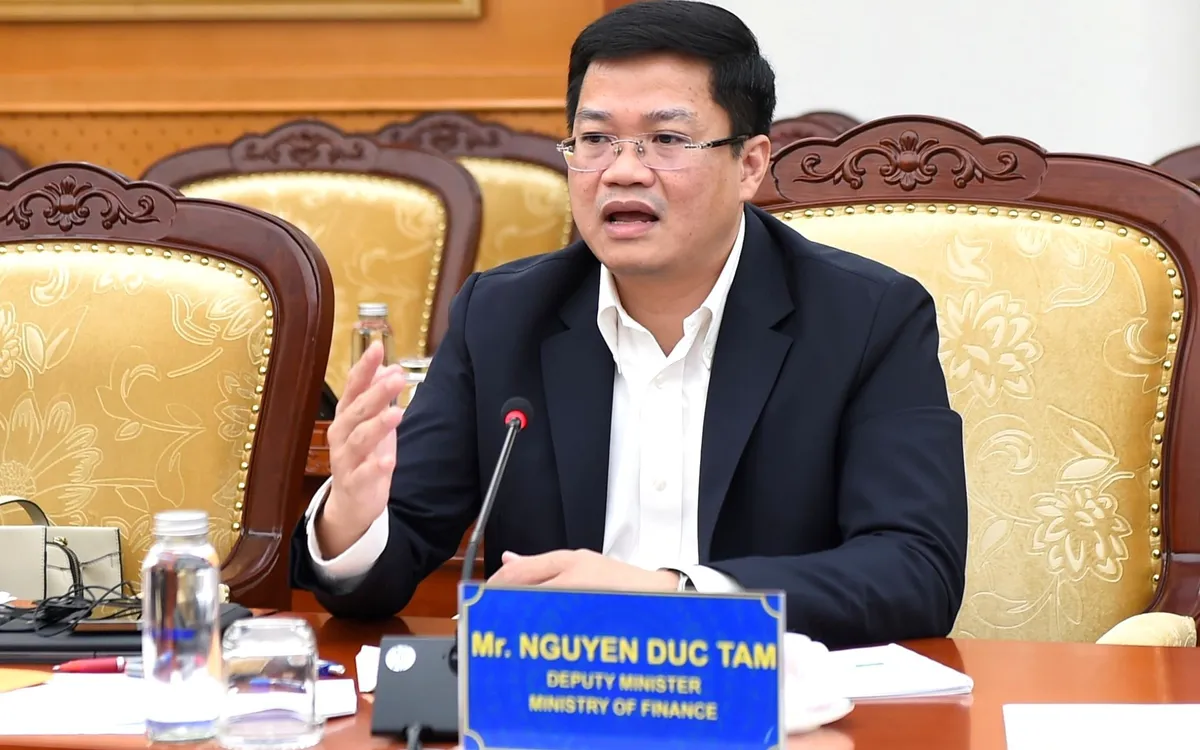
Deputy Minister of Finance Nguyen Duc Tam
Nearly 260,000 new businesses established and re-entered the market after 10 months
Deputy Minister of Finance Nguyen Duc Tam said, Resolution No. 68 has created a new vitality, arousing the entrepreneurial spirit and strengthening business confidence.
Since May 2025, when the Politburo issued Resolution No. 68, on average, more than 18,500 new enterprises were established each month, an increase of 43% compared to the average of the first 4 months of 2025. In the first 10 months of 2025, the whole country had 255,800 newly registered enterprises and returned to operation, an increase of 26.5% over the same period in 2024, 34% higher than the number of enterprises withdrawing from the market.
The total capital of enterprises in the private economic sector added to the economy is estimated at nearly 5.2 million billion VND, an increase of 98.2% over the same period in 2024. Accumulated to October 31, 2025, the whole country has over 1 million enterprises operating in the economy.
“ A survey by the Private Economic Development Research Board (Board IV) shows that more than 46% of businesses "expect/very expect" the effectiveness of Resolution No. 68, achieving the highest average score in business confidence indicators,” said Deputy Minister Nguyen Duc Tam.
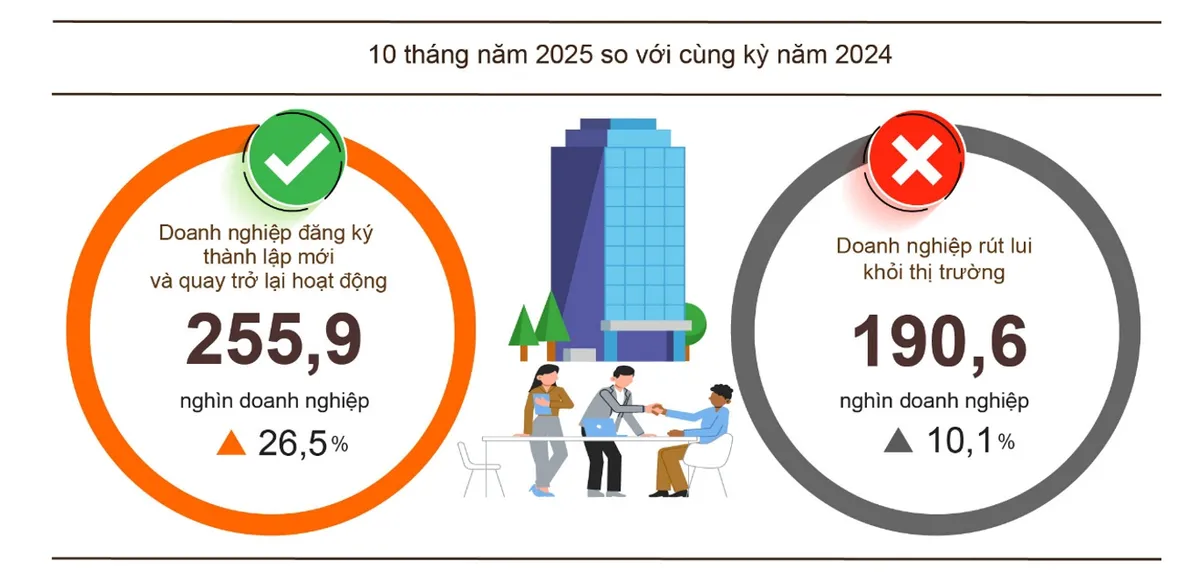
Nearly 260,000 newly established and re-entered businesses in the first 10 months of 2025
To reach 2 million enterprises by 2030 as set out in Resolution 68, barriers to market entry and compliance costs will be removed through substantial reductions in administrative procedures and reforms of business conditions. By the end of October 2025, the Prime Minister had approved a plan to cut 348 administrative procedures, simplify 1,703 administrative procedures, and cut 2,041 business conditions under the management of 14/14 ministries and agencies.
Deputy Minister of Finance Nguyen Duc Tam said There are about 5.2 million business households nationwide, which is a huge potential area to achieve the goal of business development. If only a small part of them boldly convert to the business model, the goal of 2 million businesses is completely feasible.
Eliminate the "fear of conversion" mentality of business households
However, according to the Deputy Minister of Finance, the reality shows that many business households are still hesitant to convert. The Deputy Minister pointed out three main reasons. First, the cost of legal compliance between business households and enterprises is still quite large. Second, business households do not fully understand the legal regulations on enterprises and are not familiar with managing accounting books, so they are hesitant to convert. Third, business households were previously subject to lump-sum taxes, and the system of books, invoices, and accounting documents was much simpler than that of enterprises.
To remove those barriers, Resolution No. 68 has put forward an important policy that from 2026, the lump-sum tax will be abolished, moving towards transparency in business household activities, and at the same time creating incentives to encourage them to convert.
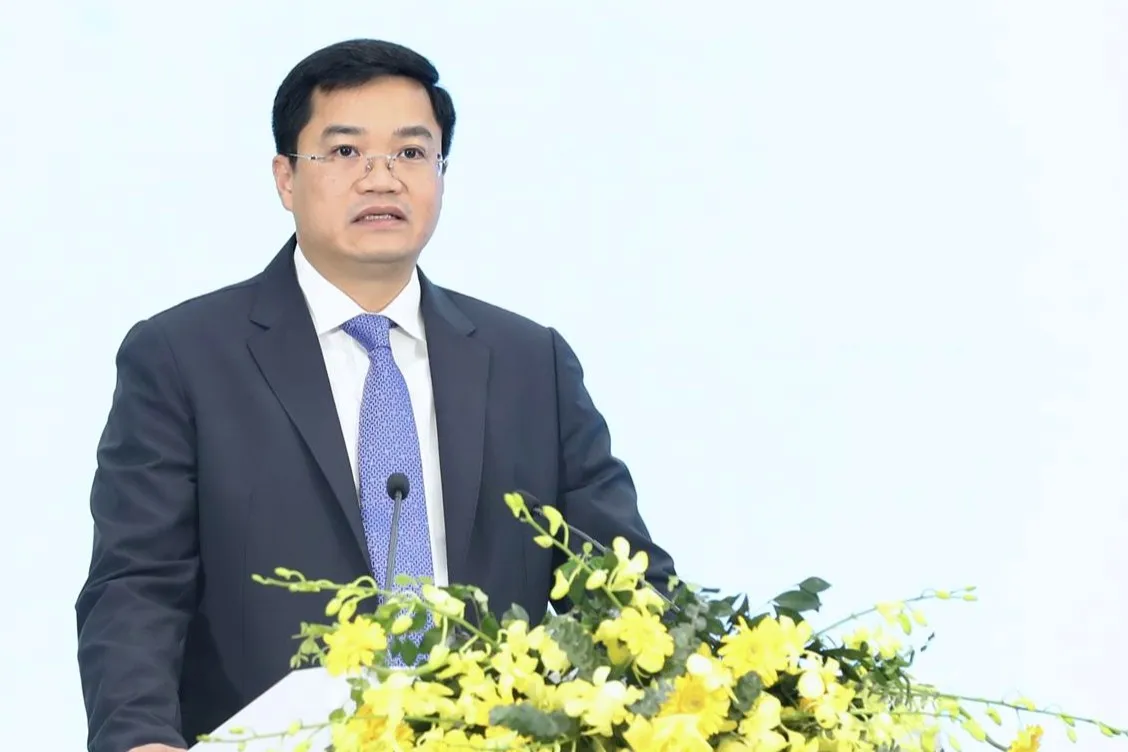
According to Deputy Minister Nguyen Duc Tam, if only a small part of the 5.2 million business households convert to enterprise models, the target of 2 million enterprises is completely feasible.
Regarding specific solutions to support business households in converting to enterprises, Deputy Minister Nguyen Duc Tam said the Ministry of Finance focuses on two main groups of solutions: Completing the legal and policy framework; Deploying practical support measures.
The Ministry of Finance is urgently studying amendments to the Law on Tax Administration and the Law on Personal Income Tax, aiming at a new management model - simple, transparent, easy-to-implement declaration; simplifying books, invoices, and documents, ensuring that household businesses are not under too much pressure when converting, studying and developing a Law on Individual Business to minimize the gap in management organization and financial accounting regime between household businesses and enterprises.
In addition, the Ministry of Finance is submitting to the Government a Decree guiding Resolution No. 198, with practical support: providing free accounting software, short-term training courses, supporting online business registration, and shortening the conversion time.

The Tax Department has "held hands and guided" business households in creating electronic invoices, declaring taxes, and using accounting software.
The Ministry of Finance is urgently upgrading technical infrastructure to implement the policy of abolishing lump-sum tax for business households from January 1, 2026; Strengthening digital transformation in tax management: Applying electronic invoices generated from cash registers helps to collect correct and full taxes, while reducing time and costs for business households.
“The Tax Department has “held hands and guided” business households in creating electronic invoices, declaring taxes, and using accounting software,” said Deputy Minister Nguyen Duc Tam.
The Ministry of Finance is also innovating inspection and supervision work in an online direction, based on risk classification, reducing pressure, increasing transparency and creating a more friendly environment for businesses.
Increasing access to resources for businesses
Regarding businesses, Deputy Minister Nguyen Duc Tam pointed out that the biggest obstacle for the private economy today is access to resources, especially capital, land, technology and high-quality human resources.
To support the private sector, the Ministry of Finance leader said that a number of solutions will be focused on implementation, such as proposing tax incentives, early-stage fee exemptions for technology startups, and quick tax deductions and refunds for innovation projects.
To solve the capital problem, the Deputy Minister emphasized the operation of the Small and Medium Enterprise Development Fund, through research to perfect the model of state financial funds outside the budget (credit guarantee fund, small and medium enterprise development fund, local development investment fund, etc.).
In addition, the Ministry of Finance will coordinate with ministries, branches and localities to review and create conditions for enterprises to lease back land, factories and infrastructure that are surplus public assets.
Source: https://vtv.vn/nghi-quyet-68-tao-xung-luc-cho-kinh-te-tu-nhan-khoi-day-niem-tin-khoi-nghiep-100251112124106461.htm






![[Photo] General Secretary To Lam visits Long Thanh International Airport Project](https://vphoto.vietnam.vn/thumb/1200x675/vietnam/resource/IMAGE/2025/11/13/1763008564398_vna-potal-tong-bi-thu-to-lam-tham-du-an-cang-hang-khong-quoc-te-long-thanh-8404600-1261-jpg.webp)









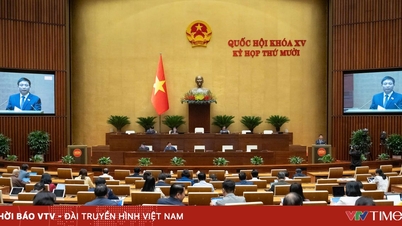

















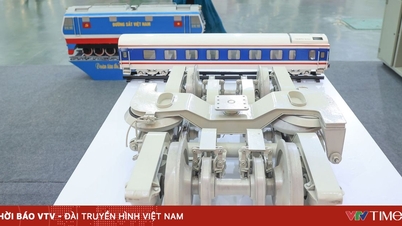







































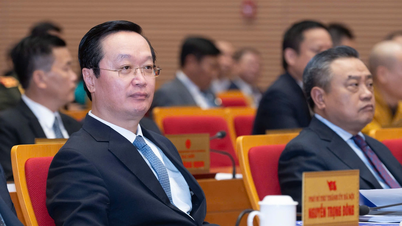




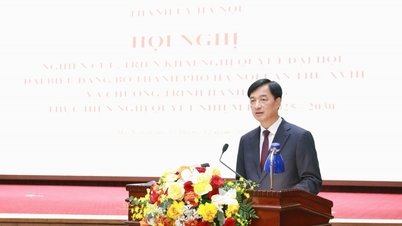



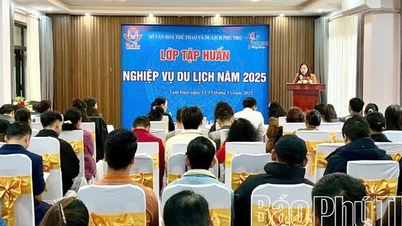


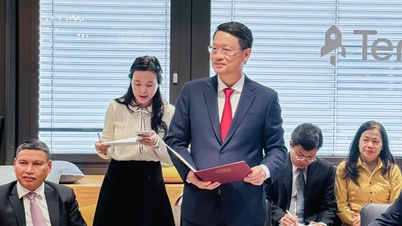












![Dong Nai OCOP transition: [Article 3] Linking tourism with OCOP product consumption](https://vphoto.vietnam.vn/thumb/402x226/vietnam/resource/IMAGE/2025/11/10/1762739199309_1324-2740-7_n-162543_981.jpeg)







Comment (0)